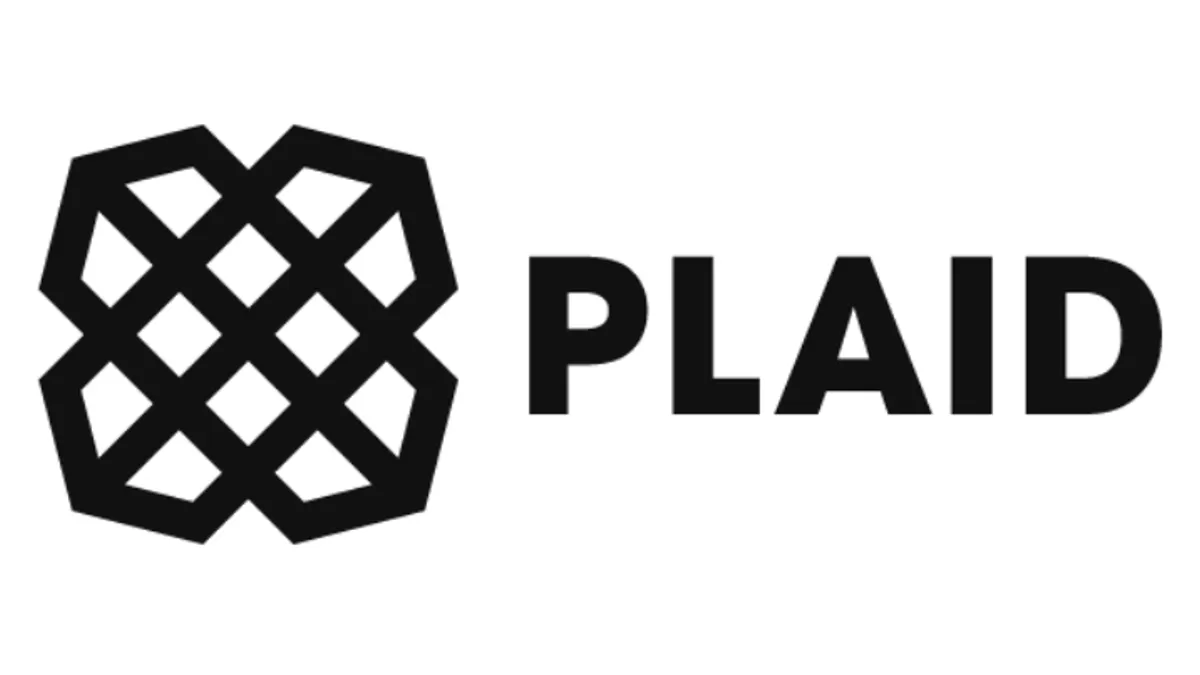The end of its $5.3 billion deal with Visa means data aggregator Plaid will continue to operate as an independent player in the financial services space, a sector that has seen dramatic fintech growth in the months that followed the initial announcement of the tie-up in January 2020.
While the scrapped deal could be seen as a setback for the startup, Plaid said it sees opportunity instead.
"The opportunity for Plaid and for fintech generally, is so much bigger coming into the first week of January 2021 than it appeared at the start of 2020," said John Pitts, Plaid's head of policy. "We've got the opportunity to go independent, and we're really excited about that."
The news of the mutual termination of the acquisition last week came almost a year after the two companies first announced the planned tie-up.
The deal, which kicked off a year that saw several other major fintech acquisitions, became the target of a lawsuit by the Department of Justice (DOJ) in November, after the department claimed the acquisition would have stifled competition in the payments sector.
Following the termination, Visa said it was confident it would have won the litigation, while Plaid CEO Zach Perret expressed disappointment with the delay caused by the DOJ's suit.
"The DOJ timelines are much slower than anyone anticipated," he told The Wall Street Journal. "The reality of leaving our business in a multiyear review ... is not in the best interests of our customers."
The two companies' decision to abandon the deal means Plaid will remain independent in a sector that looks significantly different from what it was 12 months ago, thanks to the coronavirus pandemic.
"The amount of consumer adoption of fintech that we saw over the pandemic was dramatically higher than anything we had seen during the previous five years of existence. We see that as very likely to continue accelerating even coming out of the pandemic," Pitts said. "Plaid has a very optimistic take on what our opportunity looks like as an independent company that's at the core of that growth, and the core of the consumer demand for financial services in the future."
Plaid's customer base grew by about 60% in the past year as more people have gone digital amid the pandemic, a Plaid spokesperson told Barron's last week.
Plaid's biggest priority now will be working with the startup's more than 11,000 bank and financial institution partners and executing an ambitious application programming interface (API) strategy, Pitts said.
Plaid, which connects fintech apps such as Venmo, Chime and TransferWise to customers' bank accounts, is committing to having 75% of its traffic dedicated to APIs by the end of 2021, a project Pitts called an "immense challenge" and "the single most important thing that we can do."
"In terms of the bank-aggregator-fintech relationship and shape of open finance, that's a tectonic shift in the core infrastructure layer, and it's one that Plaid is driving," he said.
The company announced in May it was launching an API platform called Plaid Exchange, a product the startup said will help smaller financial institutions compete with the likes of Wall Street banks.
The platform is an effort to help smaller institutions keep up with larger players by moving them away from credential sharing, a practice that has been the subject of privacy concerns among banks when it comes to partnering with data aggregators.
The company is also turning its focus international, with plans to more than double its European workforce in 2021, according to CNBC.
Plaid, which recently added U.K. fintechs Curve and Cleo to its European client list, plans to increase its European employee headcount from 40 to 100 by the end of the year.












